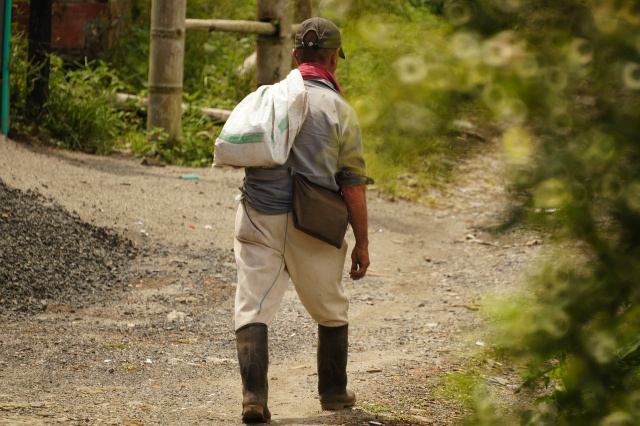Despite Bulgaria’s strong position in cereal production within the European Union, recent Eurostat data reveals significant declines in almost all economic indicators for Bulgarian agriculture compared to the EU average.
In 2021, the gross added value (GVA) of Bulgarian agriculture made up 5% of the country’s total GVA. However, by 2022, this had decreased to 4.3%. Eurostat figures show that the growth in Bulgaria’s agricultural GVA last year was just 1%, while neighboring Greece saw a 3.1% increase. This is despite Bulgaria producing over 10.3 million tons of wheat, corn, sunflower, barley, and rapeseed in 2022.
The disparity extends to farmers‘ incomes as well. In 2023, the income index for Bulgarian farmers stood at only 74.5 points, significantly lower than the EU average of 95.9 and Greece’s 97.9. For context, the income index is 79 in the Czech Republic, 90.1 in Croatia, and 95.2 in Germany.
In terms of agricultural output, the value of plant production in Greece last year was 3.4%, compared to just 1.3% in Bulgaria. The livestock sector shows a similar trend, with Greece at 1.5% and Bulgaria at 0.6%. Both countries have equal percentages in cattle and pig populations, at 0.8% and 0.6%, respectively.
The number of agricultural holdings further highlights the gap. Greece has 530,680 registered farms, compared to Bulgaria’s 132,740. This is largely due to the higher activity and support for small and medium-sized farms in Greece. While Bulgaria leads in the number of small farms with a standard production volume of less than 8,000 euros (67.3% compared to Greece’s 63.3%), it lags in other areas.
In Greece, 96.9% of farms are family-run, compared to 84.5% in Bulgaria. Women manage 32.2% of registered farms in Greece, while in Bulgaria, the figure is 27.9%.
Bulgarian agriculture, however, shows strengths in rejuvenation and education. In Bulgaria, 9% of farms are managed by individuals under 40, compared to 3.5% in Greece. Additionally, 9% of Bulgarian farm managers have completed agrarian education, whereas in Greece, only 0.7% have received the necessary professional training.
Images are for reference only.Images and contents gathered automatic from google or 3rd party sources.All rights on the images and contents are with their original owners.



Comments are closed.